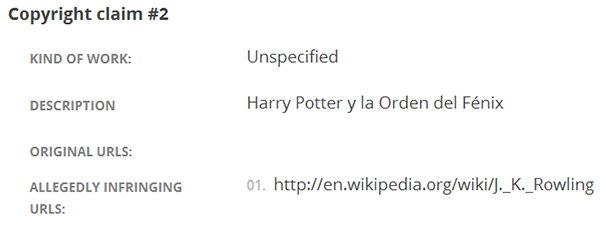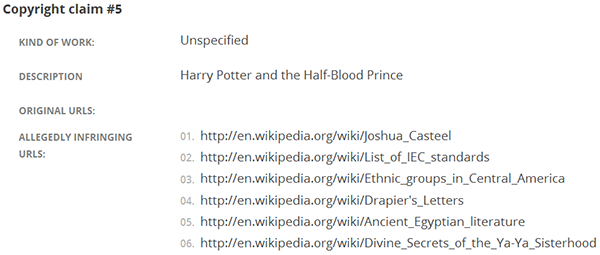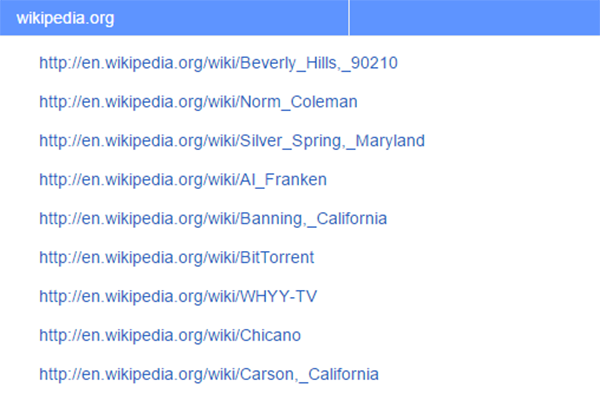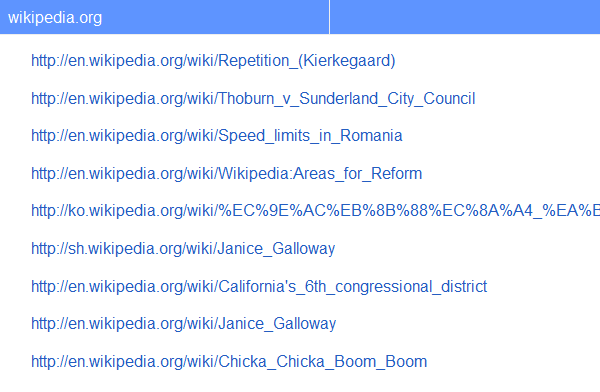 After signing up to Spotify several years ago one of my first tasks was to begin hand-crafting playlists of the thousands of 1980s and 1990s dance tracks I had previously bought on vinyl.
After signing up to Spotify several years ago one of my first tasks was to begin hand-crafting playlists of the thousands of 1980s and 1990s dance tracks I had previously bought on vinyl.
Once lovingly stacked and indexed in a spare room, these much-loved relics of a bygone era are now gathering dust in the attic, probably never to be played again. Or at least that’s what I thought.
Slowly but surely, tracks have been disappearing from my Spotify playlists with no explanation, including a rare Prodigy remix of a Praga Khan track that finally triggered me to sign up to Spotify in the first place. If Spotify had that they must have everything, I assured myself at the time.
While the disappearance of some music from the service is to be expected, it doesn’t make it any less of a disappointment when it happens. It also undermines confidence in the product. After all, if one had bought the track instead of streaming it, it would still be here today. It’s a situation that’s familiar to The Pirate Bay co-founder Peter Sunde who in a new interview with Germany’s FutureZone recalls similar experiences.
“I stopped using Spotify when suddenly overnight several titles disappeared from my playlist because the licenses for them were revoked. Someone else had decided which music I could listen to and which I could not. I had no backup, so I lost the music. I do not want that,” Sunde says.
To hear that Peter Sunde (by all accounts one of the world’s most infamous pirates) had placed his trust and his money with a legitimate content provider indicates that at its core Spotify had something good to offer. After all, it’s hardly an argument that Sunde was unable to obtain the music from elsewhere.
But what is perhaps most remarkable is that Sunde actually patronized a service which at its very core is the complete opposite of what The Pirate Bay stood for. Forget for a moment the notion of paying or not paying for media, that’s a distraction.
What the Pirate Bay did was empower its users to participate in a somewhat decentralized communications infrastructure which allowed them to build archives of music, movies, TV shows and software in their own homes. Not only did they ‘own’ that content but much more importantly they exercised complete, physical control over it. Licenses getting revoked? Not a chance.
For all their great qualities (and they have them by the bucket load), Spotify and other streaming services such as Netflix offer something quite different – total centralization and a complete lack of user control over the content they’re buying renting.
“When we look at the development of Netflix it is exactly the same as a Spotify for movies,” Sunde says. “What streaming has done is centralize the ownership of culture.”
And of course Sunde is absolutely right. At any point Spotify, Netflix and any other streaming service has the power to remove content, modify it, restrict access to it geographically or – heaven forbid – go bankrupt, shut down, and deny access to it altogether.
However unlikely, it is possible that people invested in these services could be blasted back to a world without music and movies in an instant, should economic (or Internet disaster) circumstances dictate it. Unless people have physical access to that content they are done. Sunde wonders whether people will continue to put up with this scenario in the future.
“Maybe in five years time we’ll have a new file-sharing fight because anyone who uses these services will consider that while having access to the content is good, it is not so great having no control and actually owning none of it,” Sunde says.
So the big question remains: what can be done about it?
In keeping with Sunde’s previous assertion that he believes that torrent technology has stagnated, the Pirate Bay co-founder doesn’t really offer much hope for those inclined to obtain their content from unofficial sources.
“I have more interesting things to do. One can not eat indefinitely a cake. It may be the best cake in the world, but at some point you have to throw up,” he says.
“I do not know how to fight it. Perhaps with better streaming piracy.”
With that an unlikely prospect, at least in music, legitimate streaming consumption will continue to grow, and with it the pitfalls of borrowing rather than buying music.
Source: TF, for the latest info on copyright, file-sharing, torrent sites and ANONYMOUS VPN services.
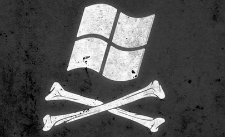




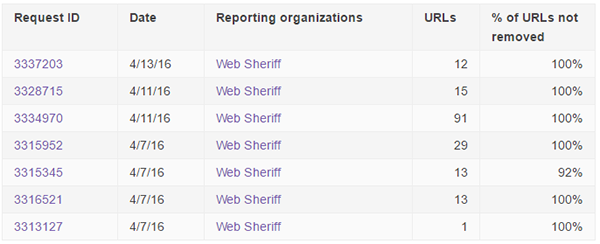


 The issue of removing infringing content and links from the Internet is perhaps the hottest topic in copyright today, with a U.S. Copyright Office consultation generating opinions from stakeholders of all kinds.
The issue of removing infringing content and links from the Internet is perhaps the hottest topic in copyright today, with a U.S. Copyright Office consultation generating opinions from stakeholders of all kinds.